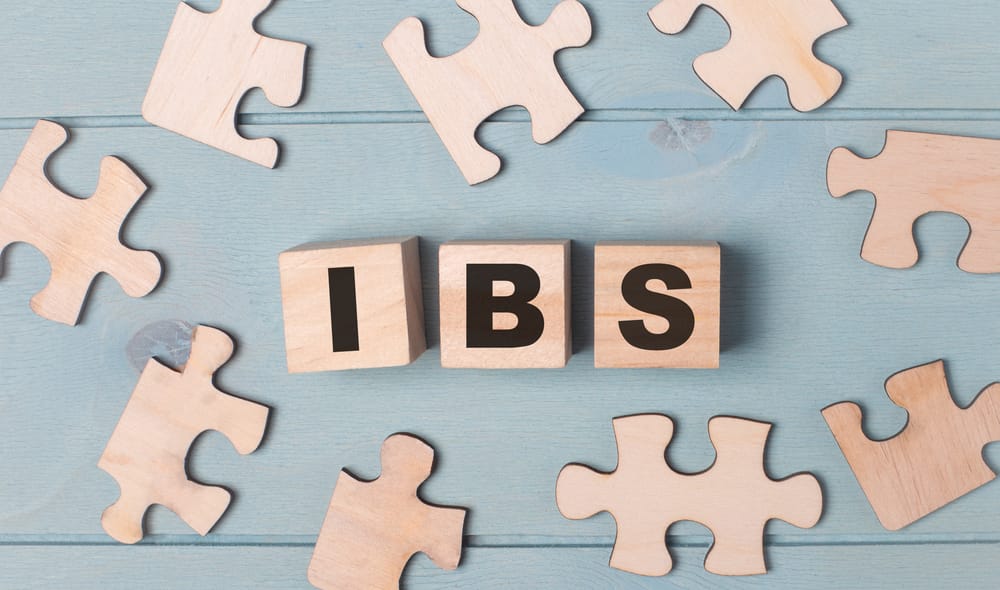Everyone poops, but no one is supposed to talk about it. Especially problems associated with having bowel movements. Irritable Bowel Syndrome (IBS) and similar gut health issues have long been kept on the other side of socially acceptable conversation, leaving millions of people to suffer in silence. The inability to articulate their experience and needs only serves to further burden an already challenging condition.
Destigmatizing IBS
Now this has all changed. According to the internet, hot girls have IBS. In a social media enabled, mass de-stigmatization event, both patients and providers are rising to the ranks of “influencer” by talking about topics that were previously passé. People are finally comfortable having the amount of dialogue a condition that affects tens of millions daily in the US alone deserves. If you have IBS, either chronic constipation or diarrhea, you are no longer alone.
The IBS destigmatization movement is more than just awareness and a sense of community. It immediately provides a menu of important tools for stakeholders to communicate about IBS to others within their social sphere.
Understanding and leveraging the IBS movement on social media
If you are a healthcare professional, know someone with IBS, or have IBS yourself consider how to leverage the IBS awareness movement on social media. Here a few tips to get started:
- Identify aspects of IBS that social media content will help to convey, for example:
- What it’s like on a daily basis to have IBS.
- Situations or foods that make IBS symptoms worsen.
- Ways to manage symptoms.
- Next, go on your preferred social media platform, searching the following hashtags: #ibs, #guthealth, #irritablebowelsyndrome, #ibstok, #guttok, #guthealing, #stomachproblems
- Listen to different people’s experiences and bookmark ones that may be relevant to the aspects of IBS you are trying to educate about (don’t forget to like the content and follow them to thank them for sharing). And remember to bookmark content suitable for different social groups (i.e. family, friends, work colleagues).
- Now you will have a library of content that you can use, with a few easy clicks, to help your social network understand the IBS patient experience
If you or someone you know needs a nudge of confidence before sharing some of these resources, just remember that advocating and educating about IBS may inspire others in your sphere to share that they are struggling with similar issues, in fact nearly 1 out 5 people will. For example, while sharing my own patient journey as someone with longstanding IBS symptoms, two of my colleagues also felt comfortable enough to share their own experiences.
Advocating for IBS
So why is it important for more people to share their own IBS experiences, both as patients and healthcare professionals?
Quite simply because the industry that can suggest new or existing solutions is listening. Providers such as dieticians, naturopaths, pelvic floor physical therapists, functional gastroenterologists, and more, are all now responding to IBS patient stories by creating informative content and innovating on actionable treatment strategies to help people manage their symptoms.
The pharmaceutical industry is also listening, and the louder stakeholder voices are – the greater the pressure to allocate research and development resources to discover new therapies for IBS, which has seen limited innovation in the past decade, despite so many people being burdened daily.
Sharing important IBS experiences
Share professional and patient experiences with the approved treatments is also vitally important – the good and the bad. This will educate the pharmaceutical industry on the opportunities to serve patients and improve management of IBS. Patient and healthcare professional advocacy are the single most important catalysts to drive the development of new treatments that serve unmet needs of the patient community.
Maintaining momentum in IBS advocacy
We are at a unique point in time where this grassroots IBS advocacy movement is intersecting with the scientific recognition that gut health is critical to whole human health. New discoveries in the importance of the gut microbiome and the gut-brain axis are being published on a regular basis. To maintain this movement, we all need to continue to share our stories, triumphs, and challenges with IBS on social media where it can be used by diverse stakeholders to facilitate ongoing conversation, inspire new scientific advances, and ultimately lead to treatments that can improve the lives of millions.
Alexander Martinez is the CEO and Co-Founder of Intrinsic Medicine, a therapeutics company leveraging human milk biology to transform IBS and other Gut-Brain Axis (GBA) disorders.
Cool Photos from Depositphotos








